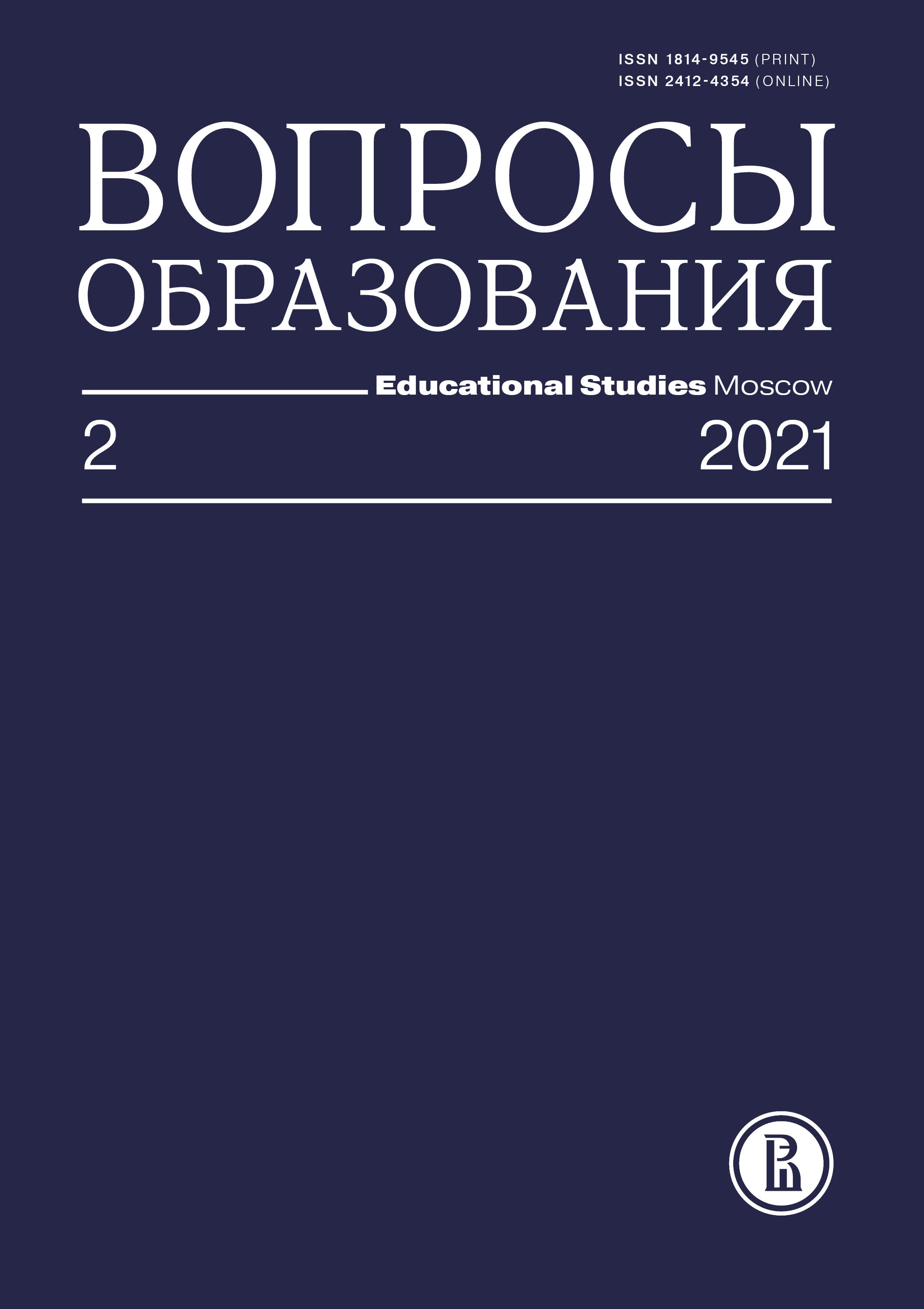Неравенство возможностей в образовании в советский и постсоветский периоды: эмпирический анализ
Аннотация
Авторы оценивают неравенство возможностей в получении образования в России в советский и постсоветский периоды, а также анализируют вклад в возникновение неравенства отдельных факторов-обстоятельств. Согласно концепции неравенства возможностей, достижения, значимые для всех или для большинства, такие как уровень дохода, образования, здоровья, зависят от двух групп факторов: факторов-обстоятельств, за которые индивид не должен нести ответственность, и усилий, которые, наоборот, находятся в зоне персональной ответственности. Неравенство достижений, обусловленное неравенством усилий, трактуется как этически приемлемое, в то время как неравенство, порождаемое обстоятельствами, несправедливо и поэтому подлежит искоренению.
Исследование базируется на данных двух волн (2006 и 2011 гг.) социологического опроса «Российский мониторинг экономического положения и здоровья населения» НИУ ВШЭ. Методика основана на определении равенства возможностей по критерию ex ante. Выделены три пороговых образовательных уровня: законченное среднее образование, законченное среднее специальное образование, законченное высшее образование.
Установлено, что неравенство возможностей в советский период по всем трем пороговым уровням ниже, чем в постсоветский, при этом минимальный уровень неравенства возможностей наблюдается в отношении достижения как минимум среднего общего образования, а наибольший — в отношении достижения как минимум среднего специального образования. И в советский, и в постсоветский период образование родителей является наиболее сильным среди факторов-обстоятельств, а национальность не вносит существенного вклада в неравенство возможностей. Вклад пола и места рождения довольно значителен как в советский, так и в постсоветский период и сильно варьирует в зависимости от порогового уровня образования.








